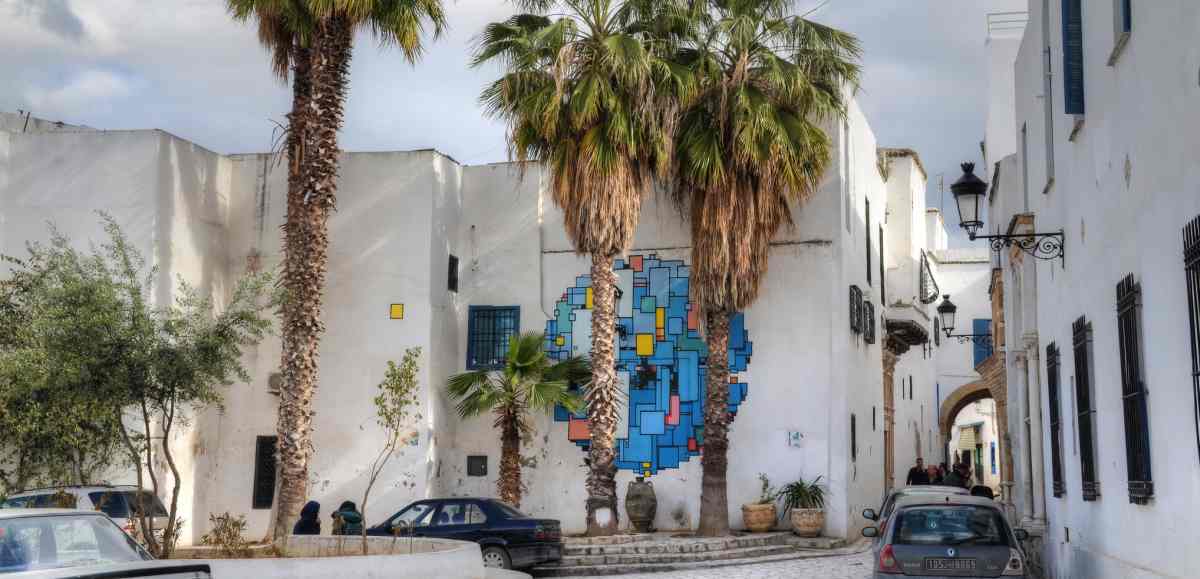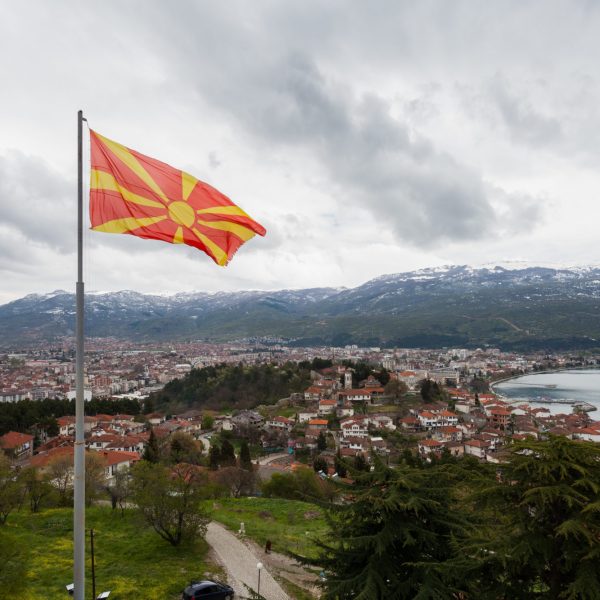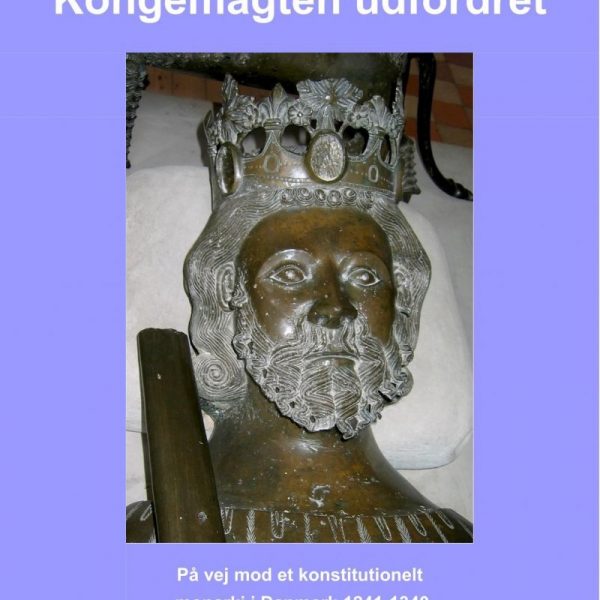As a citizen of a native country Tunisia, which was once colonized by the French, I have thought deeply about the impact that French colonialism made on our present state and people. It is really a controversial issue; some Tunisians think that the French influence is positive; however others believe that it is negative. So I’m going to talk about the most important effects before and after independence in 1956, with more focus on the impact nowadays.
To start with, it is obvious I didn’t witness colonization, but I live its impact on me and society.
Tunisia was the first Arab country to be made a colony during the period of imperialism. So if I told you the story it would be that old story, though its outcome had been changing a little in recent decades. It is important to mention that when the French first came to Tunisia, they found a ‘liberal heritage’ of different thinkers works, which were translated into Latin.
At the beginning, the French seized lands and concessions. They obtained concessions to build rail ways from Tunis to Algeria border. I’m telling you this, simply because till now Tunisians use those railways infrastructures.
Indeed, after the conquest, colonialism stimulated many changes, improvements in several areas, including transport, industry, public health, administration and education. Although these developments were welcome French businesses and citizens were clearly being favored over Tunisians. Also, these blessings of civilization served only the country’s elite. A negative aspect was the purchase of land by rich Europeans. As a result many Tunisian peasants were forced out to the poorer areas of the country. A struggle for independence was linked to growing national awareness, which in turn was bought about by better education within the Arab society as a whole, especially in north Africa countries.
Linguistic affiliation: language is a powerful weapon to achieve the French goals which were largely cultural not economic in nature. So at the first, French schooling was adapted instead of the religious schools. But the balance between the teaching of traditional morality versus modern utilitarian skills became contested. The it came innovations. So people associated French with school and education. The educational system was geared to produce bilingualism in French and Arabic. Fluency in French is a status marker and social considerations. As a matter of fact, today daily conversations people switch from French to Arabic even uneducated people use some words in French. also a significant portion of the dialectal Arabic vocabulary borrowed or adapted from French ( eg: ‘ cuisine= kitchen = ‘ koujina’ )
Perhaps because Tunisia is a relatively small and homogeneous country, the sense of national identity is strong. It is constantly maintained by reference to recent national history particularly the struggle against French colonialism and the subsequent efforts to create a modern society. In public holidays, in the names of streets … to commemorate historical events. Also the Tunisian flag didn’t change during and after the colonial period.
After the independence, France “walks fine line between influence and interference”. Relations with France remained good on the whole. I can safely say that most Tunisians aspire to a modernist model in which the values of the Islamic civilization embrace a system of universal rights.
In general Tunisians consider themselves to be more liberal and tolerant than our neighbors; example, the way people dress in western clothes but still maintain the Islamic identity. Thus, Tunisians absorb new cultural influences from abroad- brought by media, political systems, educated people- open to the developed modern world- while insisting on upholding own values. Some are vigilant about the impact of western influence on their way of life. Such a blend is seen almost in every aspects of life; language acquired, education, appearance and mainly attitudes. Here are few photos that shows that.
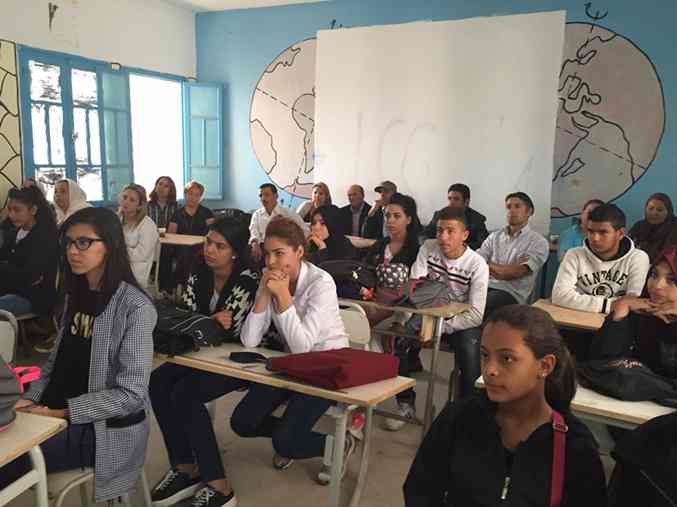
Students and teachers in a Tunisian’s school. 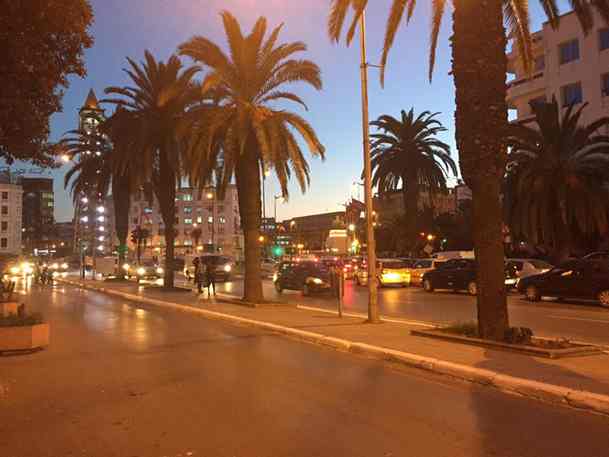
Tunis. 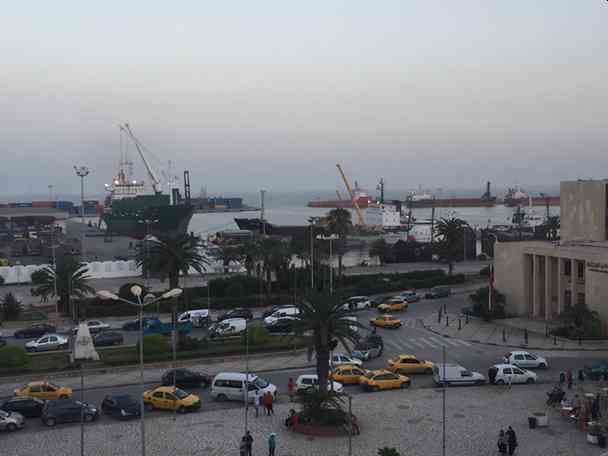
Sousse 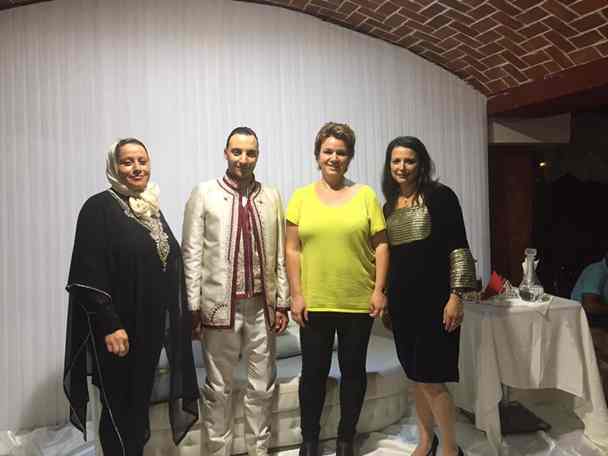
Wedding in Sfax, second largest city I Tunisia. From left to the right: Tunisian teacher, the groom, danish teacher and Tunisian teacher. Private photo: Mirela Redzic, October 2016 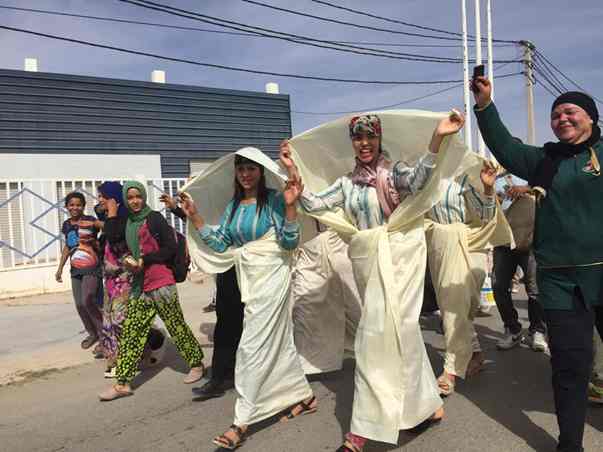
Wedding on the countryside
Øverst: Fotograf Stephen Downes 2014 (udsnit) Licens: Creative Commons — Attribution-NonCommercial 2.0 Generic — CC BY-NC 2.0
Nederst: Privatfotos, Mirela Redzic, 2016
Forfatter(e)
Highschool teacher in Sfax,Tunisia

